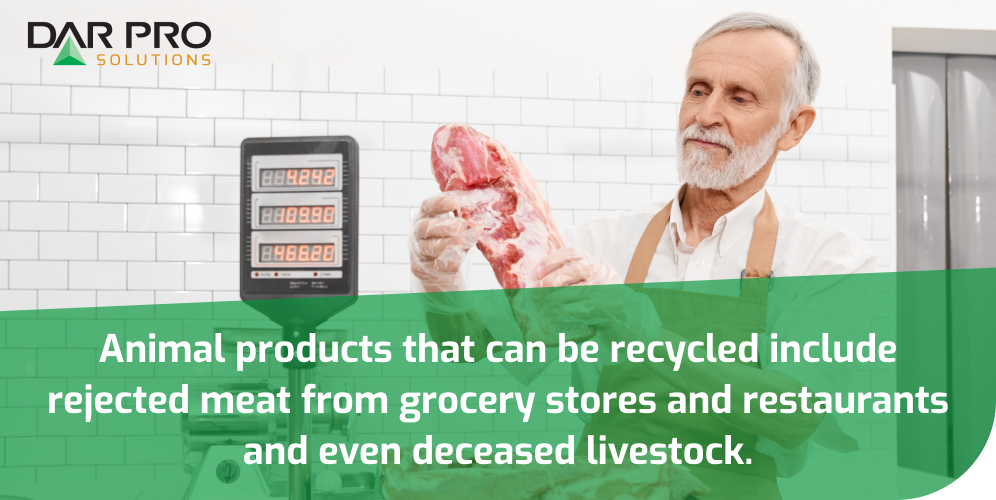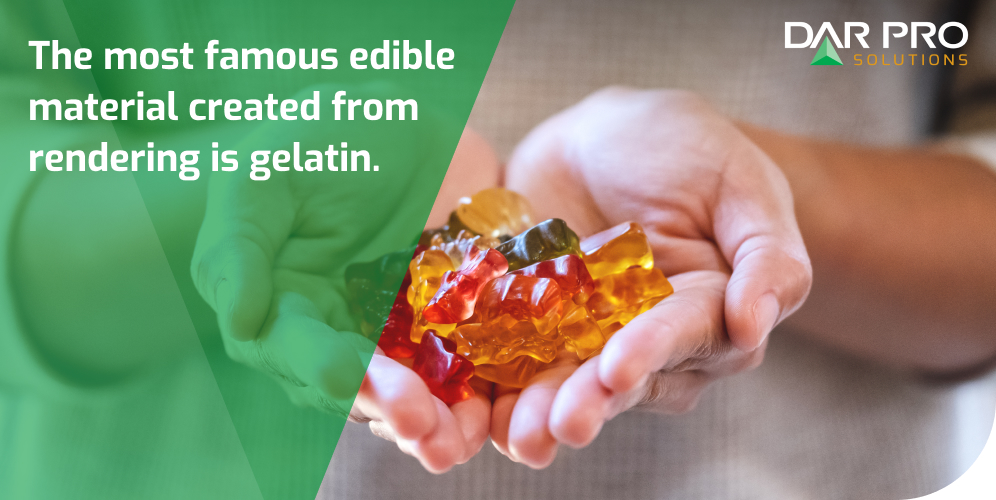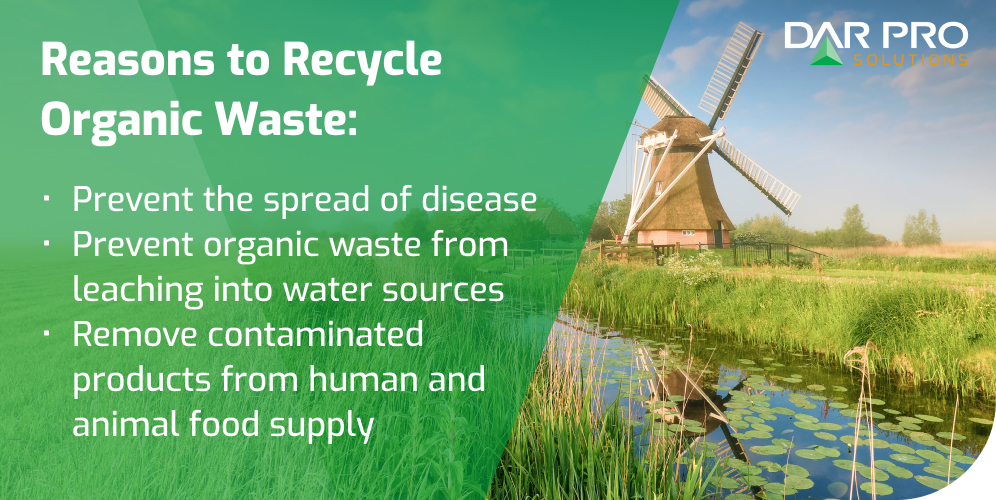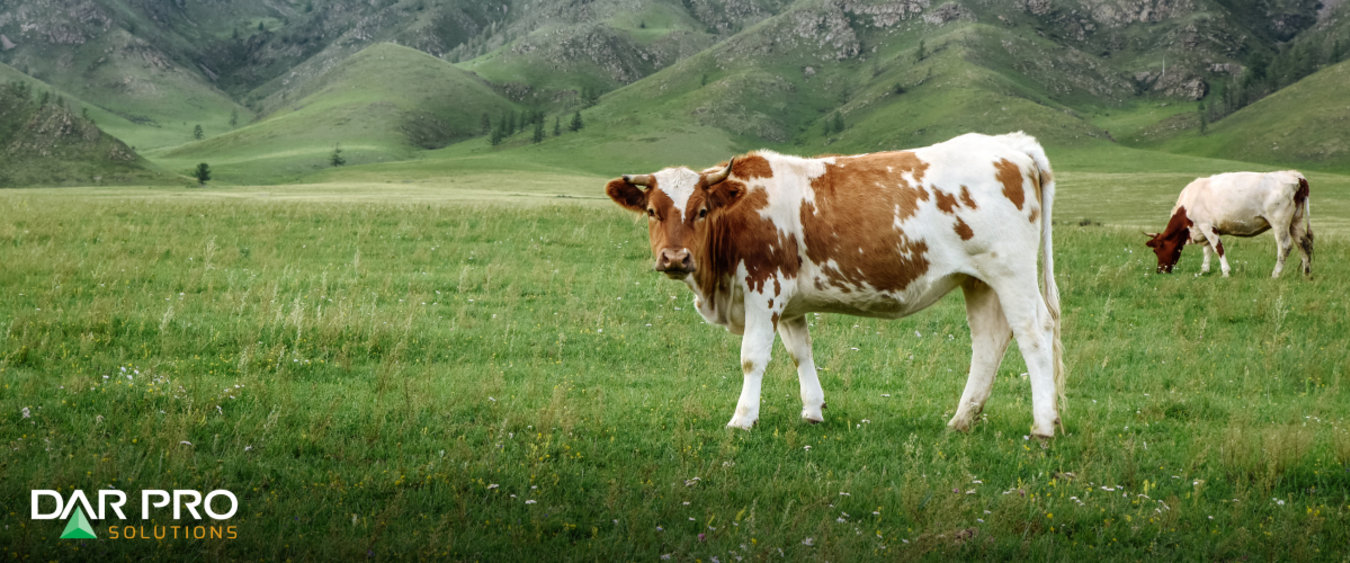What Waste Products Can Be Recycled?
Plant waste can go to compost, either on a small or large commercial scale. But animal products, oil and grease, need to be treated differently. Luckily, like compost, they can be converted into other, useful products.
Animal and Meat By-Products
Humans eat meat, use leather for textiles, and select a few other parts of animals for special purposes. But what about the rest of it?
Every part of an animal can be used in animal by-product recycling. Meat waste from industrial food production or butchering can include fat and bone, and inedible organs. By-products that can be recycled include rejected meat from grocery stores and even deceased livestock.
According to Ag Daily, recycling animal by-products reduces over 50 billion pounds of raw animal waste in landfills each year.

Used Cooking Oil
Cooking oil can be reused—but only up to a point. Eventually, it will become dirty and too contaminated to be used safely for cooking. And unfortunately it’s not something you can just dump down the drain when it’s time to dispose of it.
Used cooking oils are purified and processed or rendered and most often repurposed as ingredients for other products. All used cooking oils can be recycled, including vegetable oil, peanut oil, and canola oil.
What Is A Rendering Plant?
The term for recycling animal products is called rendering. The Environmental Protection Agency describes several ways to render animal products for different purposes. Each process separates the animal fat and other components through extreme heat and several filtering steps to make them safe and sanitary for whatever they may be used for.
Integrated
The EPA describes two types of animal by-product rendering plants. The first is integrated. These rendering plants run in conjunction with slaughterhouses or meat packaging plants.
Because they are integrated with specific operations, they generally produce specialized products that can only be made from the waste from these other processing plants.
Independent
Independent rendering plants are offsite facilities that render animal products and waste from multiple sources. These might include slaughter houses, rejected meat from grocery stores, industrial food processors, and scraps from butcher shops.
What Can Be Made From Recycled Animal By-Products?
Once rendered, animal fat and by-products are then sold as ingredients to be used in agricultural and everyday products. According to a 2020 report, approximately 16 million tons of rendered products are produced annually.
The processes these by-products go through depends on whether they will be converted into edible materials or inedible materials.
Edible
The most famous edible material created from rendering is gelatin. It’s a binding ingredient in a lot of desserts and candy.
Edible products are usually created at integrated rendering plants that are closely supervised by the USDA and Food Safety and Inspection Services (FSIS). Gelatin is made from collagen in soft tissues, so the rendering plant needs only specific parts of animals that can be easily separated at the meat processing plants.
Other common products include tallow and lard, which are created from animal fat and used instead of cooking oil in a lot of recipes.

Inedible
A product is generally considered “edible” if it is “fit for human consumption.” And, in western culture, only about 50% of an animal makes it to the dinner plate. Inedible items, however, can go through the rendering process to create products fit for animal feed and pet food.
Inedible products can also be used as plant food. Many organic fertilizers include bone or feather meal that are created at rendering plants.
Other inedible products made from animal by-products include soap, adhesives, some beauty products and ingredients for the cleaner-burning biofuel, renewable diesel.
What Can Be Made From Recycled Used Cooking Oil?
Recycled used cooking oil also finds its way into a lot of soaps and beauty products. Additionally, it can be used in pet food, or even as effective lamp oil and industrial lubricant.
Biofuel
The primary use for recycled used cooking oil is in creating biofuels. Repurposing cooking oil that would otherwise by discarded into biofuel is effective both economically and environmentally.
Renewable Diesel
Used cooking oil is a key ingredient for the production of renewable diesel. A cleaner-burning biofuel, it can reduce GHG emissions by up to 85% compared to fossil fuels.
A joint venture between Darling Ingredients and Valero Energy Corporation, North America’s largest refinery, Diamond Green Diesel, converted waste fats and oils into 372 million gallons of renewable diesel 2021.
Benefits of Recycling Animal Fats and Used Cooking Oil
Rendering animal fats and proteins and recycling used cooking oil can make immeasurable strides in environmental protection.
The USDA lists several reasons to recycle organic waste:
- Prevent the spread of disease
- Prevent organic waste from leaching into water sources
- Remove contaminated products from human and animal food supply
This is not even to mention preventing the continued overuse of landfills. Not only are we running out of space in landfills, but they produce climate changing greenhouse gasses. According to the North American Renderers Association, rendering animal by-products sequesters five times more greenhouse gasses than it emits.

Be Part Of The Solution
Recycling used cooking oil and animal by-products makes sense for both the environment and your bottom line. These materials have to go somewhere, so it only makes sense to repurpose them.
DAR PRO Solutions, a brand of Darling Ingredients, is driven by sustainability. We’ve developed innovative solutions for commercial kitchens that include used cooking oil recycling and provide supermarket chains across the U.S. with eco-friendly, responsible meat by-product collection.
Give us a call today at 1-855-327-7761 to discuss how we can help your business run as efficiently and effectively as possible.
Contact Sales
For customer service inquiries call our toll free number (855) 327-7761
By submitting this form I agree to the privacy policy including the usage of contact details to contact me for marketing purposes.
